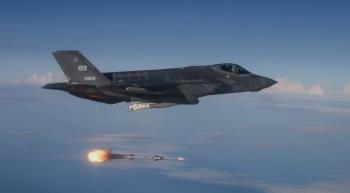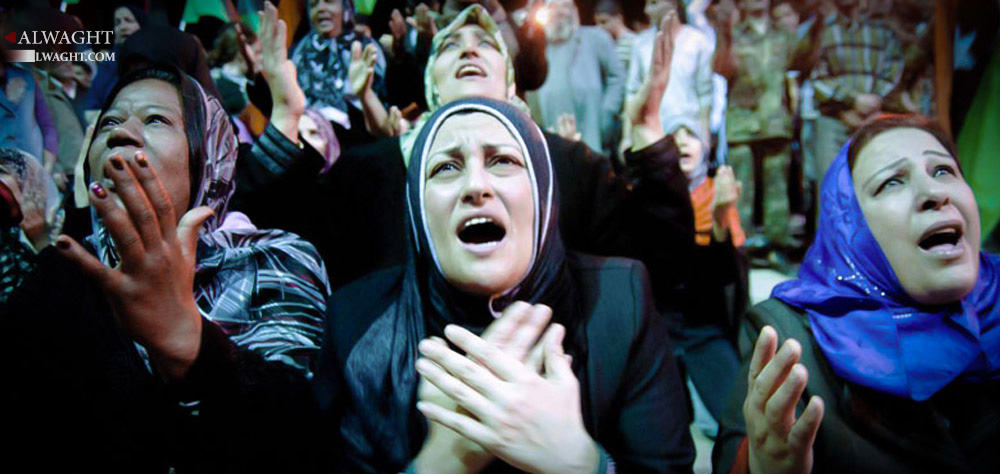Alwaght- After the victory of the Libyan revolutionaries, it seemed the process of state-building in Libya could start and continue without a hitch.
However despite the initial hopes and efforts, a powerful and popular government did not form after the fall of Gaddafi. Instead, multiple parallel governments backed by various militia groups came on board, which caused many intense battles in the region.
Over the past two years and during these conflicts, several rounds of UN-facilitated negotiations were held between various Libyan groups, which led to the formation of the Government of National Accord (GNA), four months ago. During the first 100 days, due to the security problems in Libya, the cabinet held its meetings at a naval base in Tripoli, however two weeks ago it was announced that government has officially taken power and moved to Tripoli.
In the battlefield, forces affiliated with GNA which mainly consist of the Fajr Libya militia and the Misrata militia have started a massive military operation dubbed as “Al-Bunyan al-Marsus” to take back the city of Sirte from ISIS terrorists. This operation has been going on since May, 2016.
These forces made significant progress to recapture the city of Sirte, however due to the resistance of ISIS snipers, suicide attackers and planted mines at the city center, their advancement has slowed down. That being said, it seems that the ISIS terrorists located in that region could be defeated in the near future. In fact as the ISIS terrorists are getting closer to their end, some members of this group have fled to the southern regions of Libya in hope of continuing their terrorist operations from there, which due to the lack of government control in those areas is more suited for them. In such circumstances, and considering the history of conflicts with ISIS terrorists in the city of Fallujah in Iraq, there might be an increase in suicide attacks and other terrorist operations such as car bombings in Libya. On the other hand, since many of the government affiliated forces are members of the Fajr Libya militia from Misrata, and since the two cities of Sirte and Misrata have had a series of issues and problems with each other in the past, dominance of Sirte by Fajr Libya militia will increase the conflicts between bigot groups of Sirte and GNA forces.
Revealing the very limited presence of foreign troops in Libya is another problem. Through the past months the Pentagon stated that they have a small presence in Libya. United States Department of Defense has stated their objective in Libya is identifying groups to help US in the war against ISIS. During the same period of time, UK news outlets reported that UK special forces had participated in operations against ISIS in north east of Libya.
The “Libya Herald” website had also reported about the presence of some Russian and Emirati troops in Libya. Also, during the past week news about the death of three French troops in the east of Libya was released. After the death of those soldiers in helicopter crash, the French president François Hollande acknowledged Franc's presence in Libya.
In protest against the presence of foreign troops in Libya, hundreds of people gathered in Tripoli's Martyrs’ Square, carrying placards and signs saying "No to French colonialism" and "Hollande Hands off Libya" to protest Paris’ interventionist policies. By burning the French flag the protesters showed their despise against Paris and GNA which is being protected and supported by big countries such as France. They also shouted slogans against the GNA prime minister Fayez al-Sarraj.
Revealing the presence of foreign troops could have consequences for the GNA. Due to Libyan public opinions' anti-West sentiments, who are proud of fighting against the West in the past, the Libyan society will show more resistance against the Government of National Accord, whom are supported by the West. Revealing the presence of foreign troops in Libya will especially affect and help the paramilitary and political groups that oppose the GNA, and consider them as the West’s puppets in Libya. This will greatly affect the attempts over the past two years to establish a national unity government, and will cause problems for the state-building process.
Another challenge is the Khalifa Haftar-led rival government which is based in eastern Libya that continues its operations. This will remain a huge problem for establishing national unity in Libya, and the GNA will face many problems because of it in the future.
Given abovementioned challenges, it seems that the process of forming a stable and powerful central government in Libya will continue to face major obstacles. Naturally, with the current state of matters that is present in Libya, whether adventitious or structural, formation of a central and stable government in Libya, at least in the next five years, is not possible and this country will remain on the verge of turning into a failed state, whilst national security, as the first cornerstone of progress will turn into an unobtainable commodity.



























